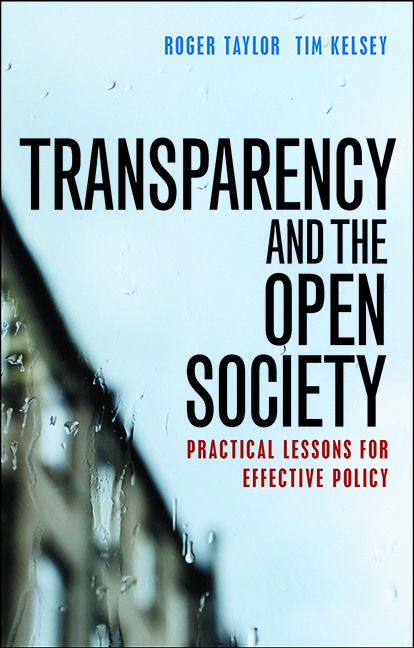6 - Equality of narrative power
Published online by Cambridge University Press: 05 April 2022
Summary
Helena Hofbauer began trying to access information in Mexico in the 1990s. This was before there was a right to information law. She decided to try to find out how the government was spending public money. At the time, information on government budgets was hard to come by. She went to the offices of the comptroller three times a week to ask for more and more detailed information. ‘They always gave me the wrong information. Incomplete information. So I would ask again. In the end they got so bored they gave me a desk in the building and left me to it.’
She set up an organisation, Fundar, to start to compile and analyse budget information in order to expose unchecked discretionary spending. A key target was the practice of ‘pork barrel’ budgeting. This is the practice of legislators, representing particular constituencies, writing line items into budgets allocating money to their projects and interests ‒ in effect using public money to reward their supporters. What should happen, she explains, is that representatives decide the overall budget and the principles as to how it should be allocated. The executive decides the particulars. Earmarking or pork barrel politics, as it is called, has been a prominent feature of both Mexican and US political systems. The US has had a moratorium on it since 2011, although some commentators continue to identify billions of dollars of spending they describe as earmarks.
The case that drew her particular concern arose from a congressional decision to spend more money on women's health. Extra funds were allocated, but the president of the budget committee wrote in line items detailing which organisations the money should go to. Fundar and five other groups campaigned around this case for several years, and used the new freedom of information (FOI) law to discover exactly where the earmarked money had gone.
One allocation was particularly concerning. The president of the budget committee had written in a provision of $30 million to an organisation called Pro-Vida. Fundar made a request under the new law for all documents relating to Pro-Vida. The information was provided to them in the form of boxes of receipts.
- Type
- Chapter
- Information
- Transparency and the Open SocietyPractical Lessons for Effective Policy, pp. 99 - 112Publisher: Bristol University PressPrint publication year: 2016



